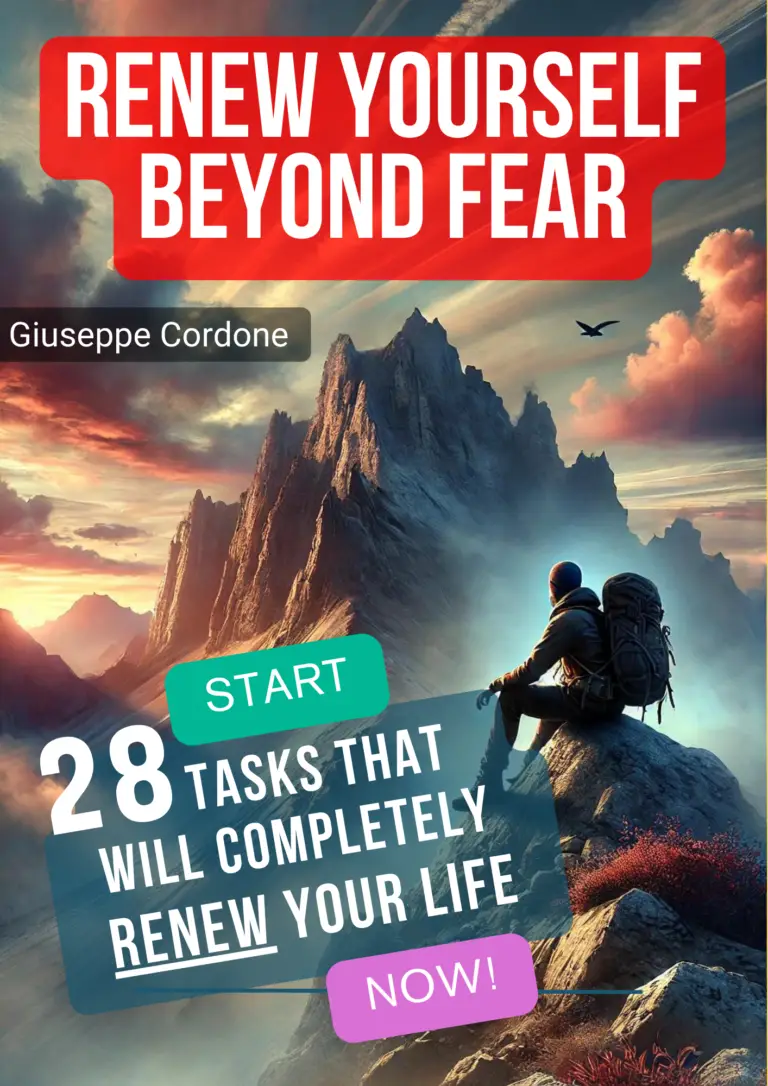The Science Behind Why We Procrastinate (and How to Beat It)
Understand the psychology of procrastination and discover effective strategies to overcome it.
Diversi anni fa guardando un film sulla seconda guerra mondiale in cui gli americani sono gli eroi ho sentito una frase che a molti sarà sembrata stupida ma che mi ha segnato per tutti questi anni.
È sorprendente come una frase di poco conto possa scatenare quando è successo. Ho capito che potevi seguire i miei sogni senza aspettare la vincita alla lotteria o la morte di uno zio ricco.
Il militare diceva: “la mattina, appena sveglio, riassetta il letto perché se durante il giorno non combinerai nulla almeno questo lo hai fatto!”
E’ stato un fulmine a ciel sereno. Ho capito che quelle ore della mattina sono quelle che posso organizzarmi senza che nessuno possa interferire con le mie attività.
Da lì ho continuato a scrivere i miei libri al ritmo di 500 parole al giorno. E’ stato l’uovo di Colombo. Si e’ semplificato il mio modo di organizzare le attività extra lavorative
https://chatgpt.com/share/d9df2349-39a1-405c-bbe0-951ae1753183
**The Science Behind Why We Procrastinate (and How to Beat It)**
Procrastination is a trap we all fall into. We convince ourselves that we’ll get to it later, that the stars just need to align, or that we need that one big break before we can finally start. But what if I told you that the real enemy isn’t the task itself, but the mindset we approach it with?
Years ago, while watching a World War II movie where the Americans were the heroes, I heard a line that probably seemed trivial to most, but it stuck with me for years. It wasn’t a dramatic speech or a heroic declaration, just a simple phrase that flipped a switch in my brain.
The soldier said, “In the morning, as soon as you wake up, make your bed. Because even if you accomplish nothing else that day, at least you’ve done that.”
To many, it might sound like a throwaway line, but to me, it was a lightning bolt of clarity. I realized that I didn’t need to wait for a lottery win or for some rich uncle to pass away before I could start chasing my dreams.
### The Psychology of Procrastination
At its core, procrastination is about avoiding discomfort. We fear failure, so we delay starting. We dread the effort, so we find distractions. But here’s the thing: once you start with something as simple as making your bed, you gain momentum. It’s the psychology of small wins. One tiny victory can set the tone for the entire day.
I understood that those early morning hours were my golden hours. They’re the time when I can organize my day, set my intentions, and get things done without interference from the outside world. Those quiet moments, free from distractions, are where real progress happens.
### How to Beat Procrastination
– **Start Small**: Don’t aim to conquer the world in a day. Just make your bed. Send that one email. Write that first sentence. Small wins build confidence and create a snowball effect.
– **Claim Your Morning**: Before the demands of the day take over, carve out time that’s just for you. This is when your mind is fresh, and the world is still. Use it to your advantage.
– **Reframe Your Mindset**: Shift your focus from the daunting task ahead to the simple action you can take right now. Don’t think about writing the whole book—just start with a paragraph.
– **Celebrate Progress**: Don’t wait until the end to celebrate. Acknowledge every step forward, no matter how small. Each one is a victory.
That line from the movie wasn’t just about making your bed. It was about starting your day with intention, with purpose, and with the knowledge that you’ve already achieved something.
Procrastination loses its power when we realize that action, no matter how small, is the antidote. So, don’t wait for the perfect moment—it doesn’t exist. Start now, start small, and watch how those tiny actions transform your day, and eventually, your life.



